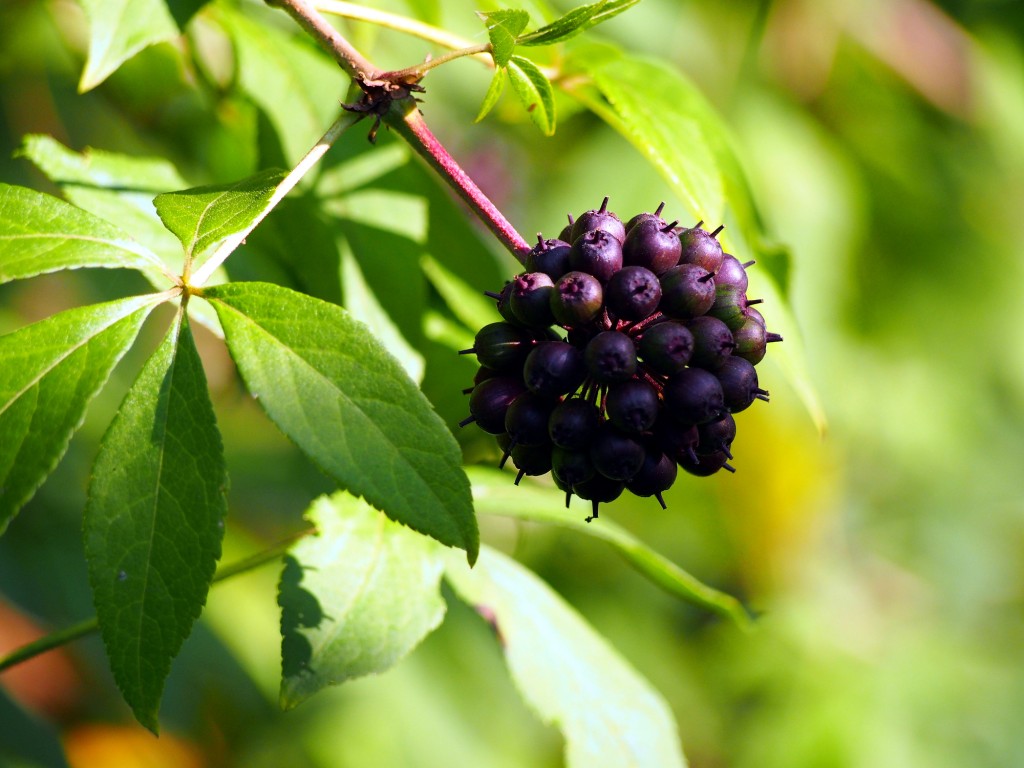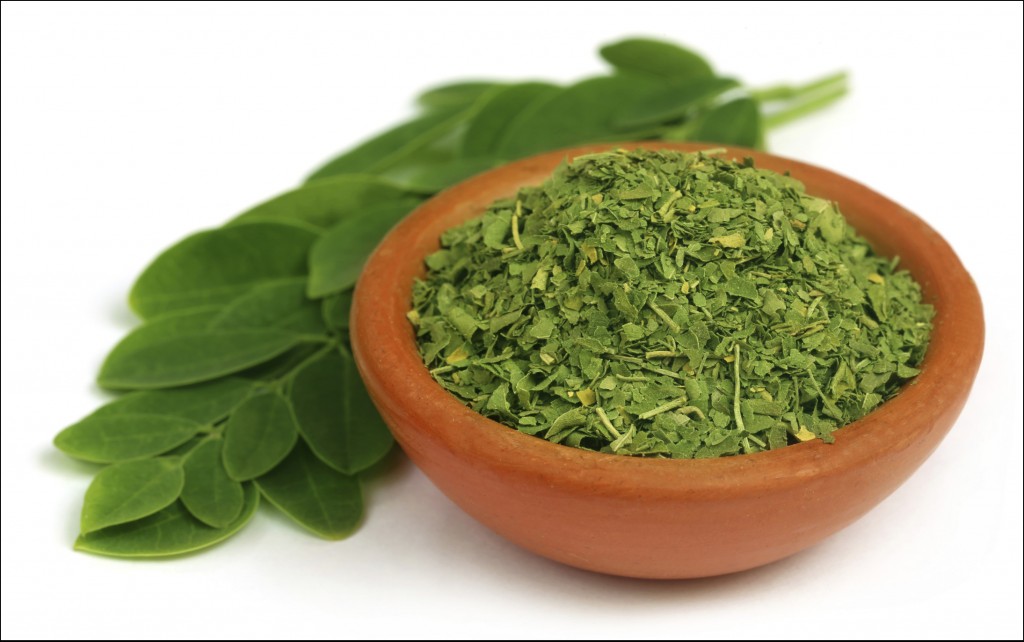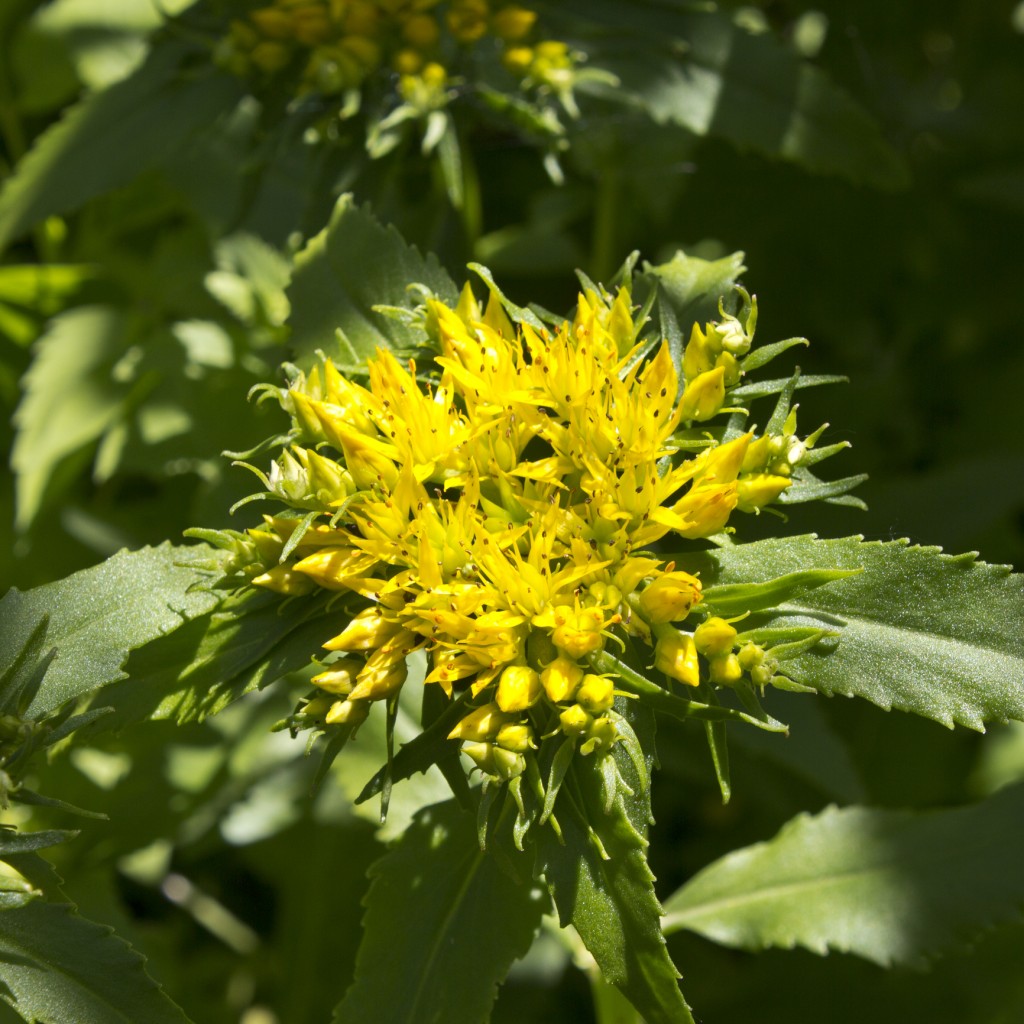The Best Herbs To Fight Your Stress


By Ginger Hultin, MS RDN CSO
Stress: a multi-factorial problem for so many as we move through a busy and sometimes chaotic life. Under stress, the body has to adapt by altering a variety of hormones and making adjustments in blood pressure and other regulations. Stress could be emotional or mental – imagine a work deadline, relationship problems, or balancing money or family priorities. Stress could also be physical – toxins in our environment, an unhealthy diet, chemical exposure from cleaning and body products, or air pollution. Some stress is good; for example, physical activity challenges the body and helps it adapt to become stronger and more in shape. But chronic, long-term stress can wreak havoc on the body’s systems, causing imbalance. There are adaptation techniques for reducing stress on the body of many varieties. One of the ways to help is a class of herbs called adaptogens.
Adaptogenic Herbs
There is a class of herbs whose compounds aid in improving the stress response of the body, providing calming and hormone balancing properties. These adaptoges may individually and collectively help enhance energy, improve sleep, and support the immune system as they help modulate the stress response of the body. Many herbs that help the body adapt are aiming to support the adrenal glands which can experience fatigue or even complete burn-out when under long-term, chronic stress. These compounds inhibit stimulation of the hypothalamus in the brain, stopping the cascade of response that calls for the release of more stress hormones. Common adaptogenic herbs include: Asian ginseng, Siberian ginseng, Ashwagandha, Scuttelaria, Holy Basil and rhodiola.

Adaptogens are powerful herbs and should be dosed by an expert with a health target in mind. Adaptogens are rarely given alone and used rather in combination depending on a person’s needs. A small study with 17 participants over the course of 3 months found that a combination of 8 adaptogenic herbs taken daily provided a highly significant improvement in their ability to cope with stress. Further, there were no adverse effects reported from anyone. Other studies have shown benefit for reducing fatigue, depression, and neurosis.
Keep in mind that there have been some cases when an adaptogenic herb was confused with another herb that is toxic so be sure to work with a provider you trust. Further, some of these herbs can cause calming or stimulating effects so caution should be taken before mixing with other herbs or medication that reduce or elevate blood pressure or cause drowsiness or stimulation. Effects can vary based on the soil and climate the plant was grown in, how it was stored, the parts of the plant used as well as processing and extraction. Standardization of herbs makes research on these topics more complicated but should not exclude them from consideration.

As you head back to school and a more stable work schedule after summer vacations come to an end this fall, could your adrenal glands and stress response use some support? Aside from stress relief in the form of relaxation, deep breathing, mediation, or physical activity, be sure to discuss with your health care provider to find out if adaptogenic herbs could be another tool for your stress support this season.
Resources
Panossian A. Adaptogens in Mental and Behavioral Disorders. Psych Clin North Am. 2013;36(1):49-64.
Seely D, Singh R. Adaptogenic Potential of a Polyherbal Natural Health Product: Report on a Longitudinal Clinical Trial. Evid Based Complement Alternat Med. 2007; 4(3): 375–380
Stansbury J, Saunders P, Winston D. Supporting Adrenal Function with Adaptogenic Herbs. 2012;1(1):76-82.